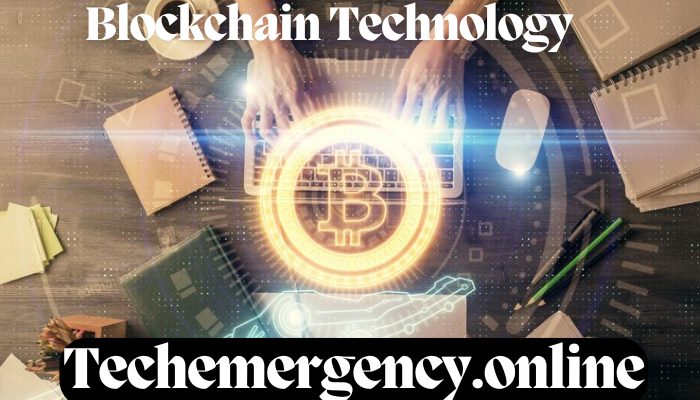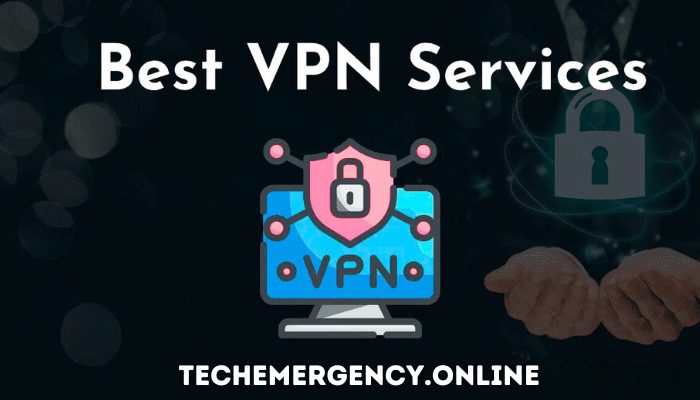Information
Blockchain technology has transformed into an exceptional benefit in the modernized age, changing endeavors and testing traditional structures. At first known as the foundation of cryptographic forms of money like Bitcoin, blockchain has developed into a progressive technology with applications a long ways past computerized monetary standards. Its capability to bring straightforwardness, security, and productivity has grabbed the eye of organizations, state run administrations, and people around the world. Understanding Blockchain Technology and Its Impact on Various Industries.
This article jumps profound into understanding blockchain technology and investigates its effect across different enterprises. Whether you’re a tech fan or an entrepreneur, this thorough aide will furnish you with important experiences into blockchain’s groundbreaking power.
What Is Blockchain Technology?
Definition of Blockchain
At its middle, blockchain is a decentralized mechanized record that records trades across various laptops in a protected and direct way. Rather than traditional informational indexes, blockchain data is taken care of in “blocks” and associated consecutively, outlining a “chain.” Understanding Blockchain Technology and Its Impact on Various Industries.

Key Features of Blockchain
Decentralization:
Blockchain wipes out the requirement for go-betweens, as it is kept up with by a conveyed organization of hubs.
Straightforwardness:
All exchanges are recorded and can be seen by approved members.
Security:
Exchanges are encoded, and the information is sealed because of its unchanging nature.
Productivity:
Blockchain improves on processes, lessens blunders, and guarantees quicker exchange times.
How Blockchain Works
Exchange Creation:
An exchange is started and imparted to the organization.
Confirmation:
Hubs (PCs) in the organization approve the exchange utilizing agreement components like Confirmation of Work (PoW) or Verification of Stake (PoS).
Block Development:
When confirmed, the exchange is gathered into a block.
Chain Expansion:
The block is added to the current blockchain, making a long-lasting and unchangeable record.
Types of Blockchain
Public Blockchain
These are available to everybody and work without limitations. Models incorporate Bitcoin and Ethereum organizations. They depend on agreement instruments to keep up with trust among members.
Private Blockchain
Private blockchains are limited to a particular gathering of members. They are frequently involved by associations for interior purposes, offering more prominent control and protection.
Consortium Blockchain
A half and half model where blockchain applications numerous associations deal with the blockchain. It is regularly utilized in ventures requiring coordinated effort, similar to supply chains and banking.
Hybrid Blockchain
Consolidating the best of public and private blockchains, crossover models offer controlled admittance with specific straightforwardness.
Impact of Blockchain Technology Across Industries
Supply Chain Management
The store network industry benefits colossally from blockchain innovation, guaranteeing straightforwardness and discernibility.
Tracking Goods
Blockchain gives constant updates on the development of products, lessening failures and deferrals.
Authenticity Verification
Shoppers can check the genuineness of items, like extravagance products or drugs, by following their starting point on the blockchain.
Reducing Fraud
Blockchain forestalls duplicating and extortion by keeping an unchangeable record of the production network venture.

Healthcare
Blockchain has groundbreaking possible in medical services, resolving well established issues like information security and interoperability.
Secure Patient Records
Patient records can be safely put away on a blockchain, open simply by approved work force.
Improved Data Sharing
Blockchain permits medical services suppliers to share patient data safely, prompting better coordinated effort and therapy results.
Fighting Counterfeit Drugs
Drug organizations can utilize blockchain to follow meds, guaranteeing that main certified drugs arrive at customers.
Real Estate
The land business is infamous for blockchain impact its perplexing cycles and administrative work. Blockchain is improving on these frameworks in more than one way:
Smart Contracts
Shrewd agreements dispose of the requirement for delegates like legal counselors and specialists. Trades are executed subsequently when conditions are met.
Transparent Property Records
Blockchain makes a straightforward and carefully designed framework for recording property possession, lessening debates.
Faster Transactions
Blockchain chops down the time expected for property exchanges, saving purchasers and merchants time and cash.
Government and Public Services
States all over the planet are investigating blockchain to further develop proficiency and straightforwardness in broad daylight administrations.
Voting Systems
Blockchain-based casting a ballot frameworks guarantee secure, straightforward, and carefully designed decisions.
Identity Management
Blockchain gives a safe method for putting away and check personalities, decreasing misrepresentation in regions like giving visas or driver’s licenses.
Public Spending
By recording government spending on a blockchain, debasement and botch can be limited.
Retail and E-commerce
Blockchain is changing the manner in which organizations communicate with clients in the retail and web based business areas.
Loyalty Programs
Blockchain makes faithfulness programs more proficient by taking out misrepresentation and working on remuneration dispersion.
Transparent Pricing
Customers can confirm estimating subtleties and guarantee fair exchange rehearses through blockchain records.
Decentralized Marketplaces
Blockchain empowers shared online business stages, reducing out go betweens and lessening expenses.
Energy Sector
The energy area is utilizing blockchain for supportable and proficient activities.
Peer-to-Peer Energy Trading
Blockchain permits families with sunlight powered chargers to exchange overabundance energy straightforwardly with others, making a decentralized energy network.
Tracking Energy Usage
Brilliant meters on a blockchain give exact and straightforward records of energy utilization.
Renewable Energy Certificates
Blockchain guarantees the realness of environmentally friendly power authentications, helping trust in environmentally friendly power energy drives.
Education
Blockchain technology is improving straightforwardness and effectiveness in the schooling area.
Secure Academic Records
Educational records set aside on a blockchain are fixed and really obvious by organizations and establishments.
Credential Verification
Blockchain improves on the confirmation of degrees and affirmations, lessening misrepresentation in recruiting processes.
Decentralized Learning Platforms
Blockchain empowers decentralized instruction stages, guaranteeing evenhanded admittance to quality learning assets.
Entertainment and Media
Media outlets is embracing blockchain to handle theft and work on happy dispersion.
Protecting Intellectual Property
Blockchain guarantees makers hold command over their work and get fair pay.
Transparent Royalties
Brilliant agreements guarantee straightforward and opportune installment of sovereignties to craftsmen and makers.
Decentralized Streaming Platforms
Blockchain empowers stages where clients can straightforwardly get to content, wiping out go-betweens and decreasing expenses.
Challenges Facing Blockchain Adoption
While blockchain holds massive potential, a few difficulties remain:
Versatility:
Numerous blockchain networks battle to proficiently deal with enormous exchange volumes.
Energy Utilization:
Mining processes, especially in PoW blockchains, consume critical energy.
Administrative Vulnerability:
States overall are as yet sorting out some way to control blockchain and digital forms of money.
Reconciliation Intricacy:
Taking on blockchain requires updating existing frameworks, which can be tedious and expensive.
The Future of Blockchain Technology
The future of blockchain looks encouraging, with progressions tending to current limits. Advancements like layer-2 arrangements, energy-productive agreement instruments, and interoperability conventions will make blockchain more available and functional for regular use. As ventures keep on embracing this extraordinary innovation, we can hope to see more smoothed out processes, improved security, and enabled customers.
Conclusion
Blockchain technology is as of now not simply a popular expression; it’s a useful asset reshaping enterprises and further developing lives. From money and medical care to energy and schooling, blockchain is making frameworks more straightforward, secure, and effective. While challenges stay, the capability of this technology far offsets its obstructions.




